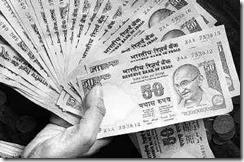By Sudha Ramachandran
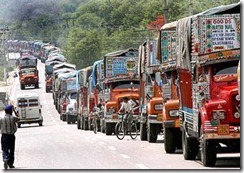 India's northeastern state of Manipur is under siege. A blockade of two vital highways for over two months now by rival ethnic groups pressing territorial claims has resulted in a serious shortage of essential commodities, causing immense hardship to the Manipuri people.
India's northeastern state of Manipur is under siege. A blockade of two vital highways for over two months now by rival ethnic groups pressing territorial claims has resulted in a serious shortage of essential commodities, causing immense hardship to the Manipuri people.
On August 1, the Kukis began their blockade of National Highway (NH) 39 and NH 53, to press their demand for a Kuki district in the Sadar Hills region of Manipur's Senapati district. An ethnic group that is scattered across India's northeast, the Kukis are a majority in the Sadar Hills.
Nagas, who form the majority in the Senapati district, are opposed to a Kuki district being carved out of Senapati. They claim the Sadar Hills region as part of a Greater Nagaland or Nagalim, their traditional homeland. Nagas have been waging an
armed struggle to integrate into Nagaland the Naga-dominated areas of neighboring Manipur, Assam, Arunachal Pradesh as well as Myanmar under one administrative unit.
Anxious over a division of the Senapati district proposed by Manipur's Meitei-dominated government, the United Naga Council, the main organization of the Nagas in Manipur, responded by blockading the two highways from August 21.
The Kuki-Naga conflict over the Sadar Hills region goes back at least two decades. They have engaged in bitter fighting, resulting in the deaths of thousands of people.
The two blockaded highways are Manipur's only road links with the rest of India. The third highway, NH 150, connects Manipur through Mizoram with the rest of India is in a decrepit condition and unfit for trucks and other heavy vehicles.
Manipur is not new to economic blockades. Militant outfits, civil society organizations and political groups blockade roads routinely. The state has been wracked by insurgency for almost four decades and counter-insurgency operations have fueled the violence.
In April last year, Naga student bodies and nationalist civil society organizations blocked NH 39 to protest against the Manipur government's decision to hold elections to the Manipur Hill Areas Autonomous District Councils. Smelling opportunity in the mounting crisis, Naga leader Thuingaleng Muivah announced in May that he was going to visit his birthplace in Manipur's Ukhrul district.
Fearing that Muivah's entry into Manipur would provide a spurt to the Naga campaign for incorporating parts of Manipur into the proposed Nagalim, the Manipur government denied him permission to visit the state, prompting Muivah's National Socialist Council of Nagalim (Isak-Muivah) (NSCN-IM) to join the blockade. The 2010 blockade, which lasted for 67 days dealt a severe blow to Manipur's already fragile economy and brought administration to a grinding halt. The ongoing blockade is the longest experienced by Manipur.
Violence by militants and security forces, strikes and bandhs (closures) have made daily life hell for Manipuris.
The controversial Armed Forces Special Powers Act (AFSPA), which confers extraordinary powers on the armed forces, has been in effect in all of Manipur since 1980. Scores of innocent civilians have been killed or arrested under this draconian legislation. There are frequent mass protests calling for the repeal of the AFSPA. In 2009, bandhs over the cold-blooded killing of 27-year-old Chongkham Sanjit, a former militant, stretched over several months halting education and economic activity.
According to Open magazine, between 2004 and 2007, Manipur experienced 110 bandhs and 234 economic blockades, the total loss of which was around US$ 268 million - 40% of Manipur's budget for 2006-07. Over the past 15 years, NH 39 has been blockaded an average of six times per year and each of the blockades have lasted around five days.
The losses due to the ongoing economic blockades have been pegged at around $51 million so far. The impact of blocking roads would not have been as crushing if road infrastructure in the northeast was better. Not only is Manipur geographically distant from Delhi but also its people like others in the northeast have felt alienated, neglected and discriminated against by "mainland India".
Protests elsewhere in India capture media attention and usually evoke a response from the federal government. Not so the protests in Manipur. Activist Irom Sharmila has been on a hunger strike for 11 years but Delhi has remained unmoved by her protest against the AFSPA. A nasal drip administered to her by the Indian armed forces in a prison hospital keeps her alive.
The inaction of governments in Delhi and Manipur to break the blockades has evoked an angry response among Manipuris. They want the government to use force to end the standoffs. An editorial titled "Govt's profound absence" in the Imphal Free Press called on the government to "crack the whip and break the blockade".
"Let the agitation carry on democratically and let an amicable settlement be reached too in the course of time, but it is time for the government to say in definitive terms that certain styles of public protest which indiscriminately hurt the people, men, women and children, cannot be allowed under any circumstance. A symbolic strike of the nature for a day or two is pardonable, but one that extends over two months is something which should not be allowed under any circumstance by any government with spine," it says.
"India doesn't hesitate to use force to quell peaceful protest by Manipuris," a Manipuri student in Bangalore told Asia Times Online. "Why is it reluctant to use the security forces to force an end to the two-month-long blockade," he asked, pointing out that "an entire state was being held hostage to bullying by Naga and Kuki groups".
India's reluctance to use force to break the blockade is widely attributed in Manipur to Delhi's "excessive sensitivity to Naga sentiments".
The federal government is engaged in talks with the NSCN-IM aimed at ending the decades-long Naga insurgency. "It fears that the 11-year-long ceasefire with the NSCN-IM will collapse if it deploys the army or paramilitary forces to break the blockades imposed by the Naga groups," the Manipuri student pointed out. "We are paying the price for ensuring the survival of Delhi's fragile ceasefire with the NSCN-IM," he said.
The federal government is trying to reduce the impact of the blockade by providing security to truck convoys carrying supplies into Manipur. Meanwhile calls for removal of Chief Minister's Ibobi Singh's government in Manipur are growing.
Manipur will remain vulnerable to economic blockades so long as it is fed by supplies brought in through just two highways. Delhi will need to accelerate its road building in the northeast, particularly in Manipur, which is vulnerable to Naga pressure.
But more importantly, India needs to show more flexibility and imagination in its approach to conflict resolution in the northeast. Hitherto it has focused on territorial solutions, which include carving out of states and districts to meet the demands of the region's multitude of ethnic and tribal groups. However, territorial solutions do not provide lasting solutions as they create unhappy minorities within the new territorial arrangements, triggering new conflicts and endless wars.
India would need to be more imaginative in its conflict resolution and consider non-territorial solutions so that clashing claims such as those between the Kukis and Nagas in Manipur do not provoke blockades that hold an entire state hostage.
"Imaginative and creative solutions are available," observes political commentator B G Varghese. "Some already exist; others can be enabled by constitutional amendment."
Delhi needs to draw on these creative solutions rather than persist with an approach that has kept the region restive.
Sudha Ramachandran is an independent journalist/researcher based in Bangalore. She can be reached at sudha98@hotmail.com




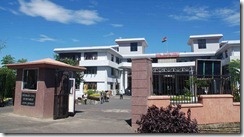



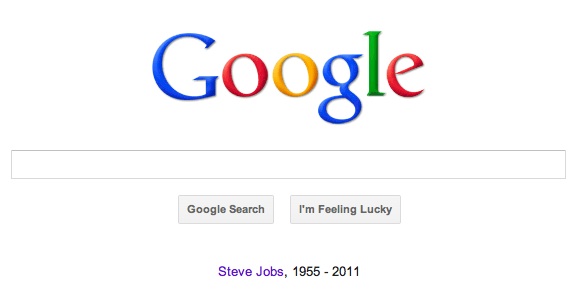
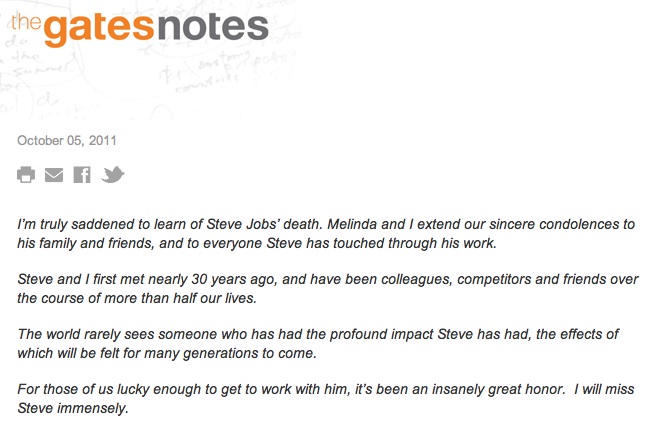

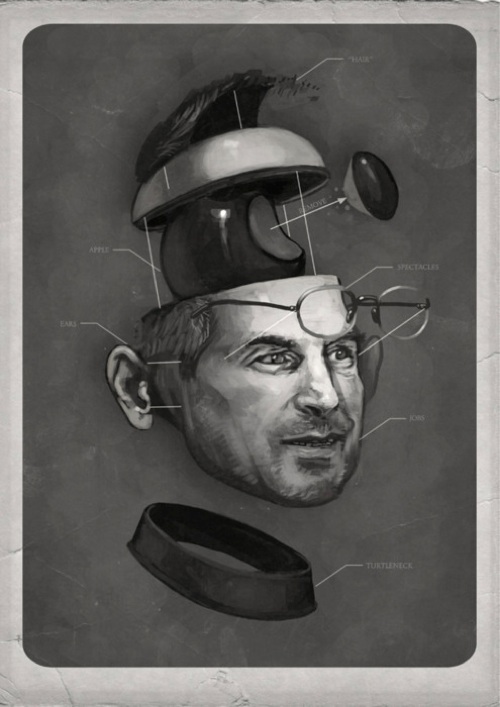

 Adeel Halim for The New York TimesAnna Hazare
Adeel Halim for The New York TimesAnna Hazare